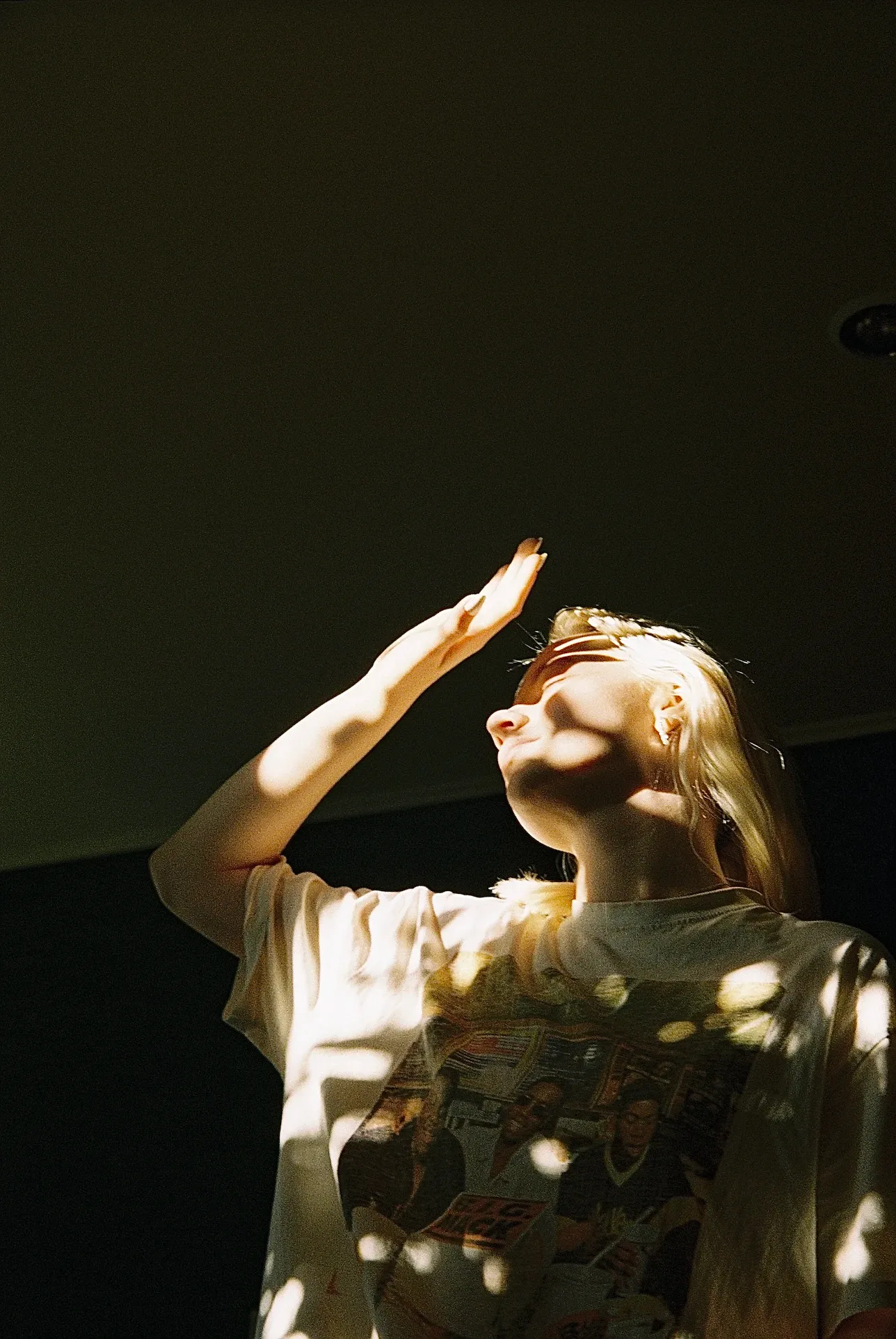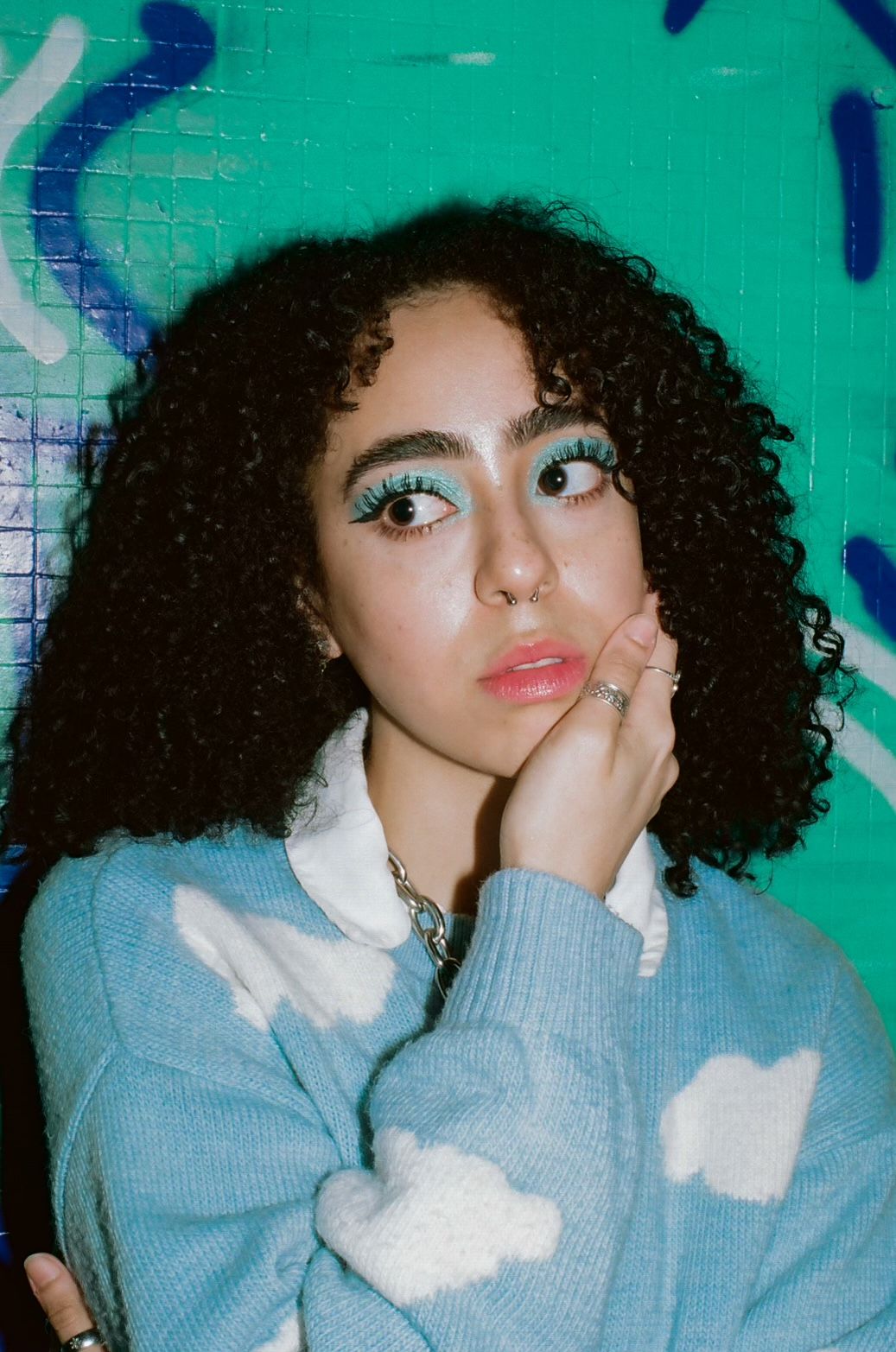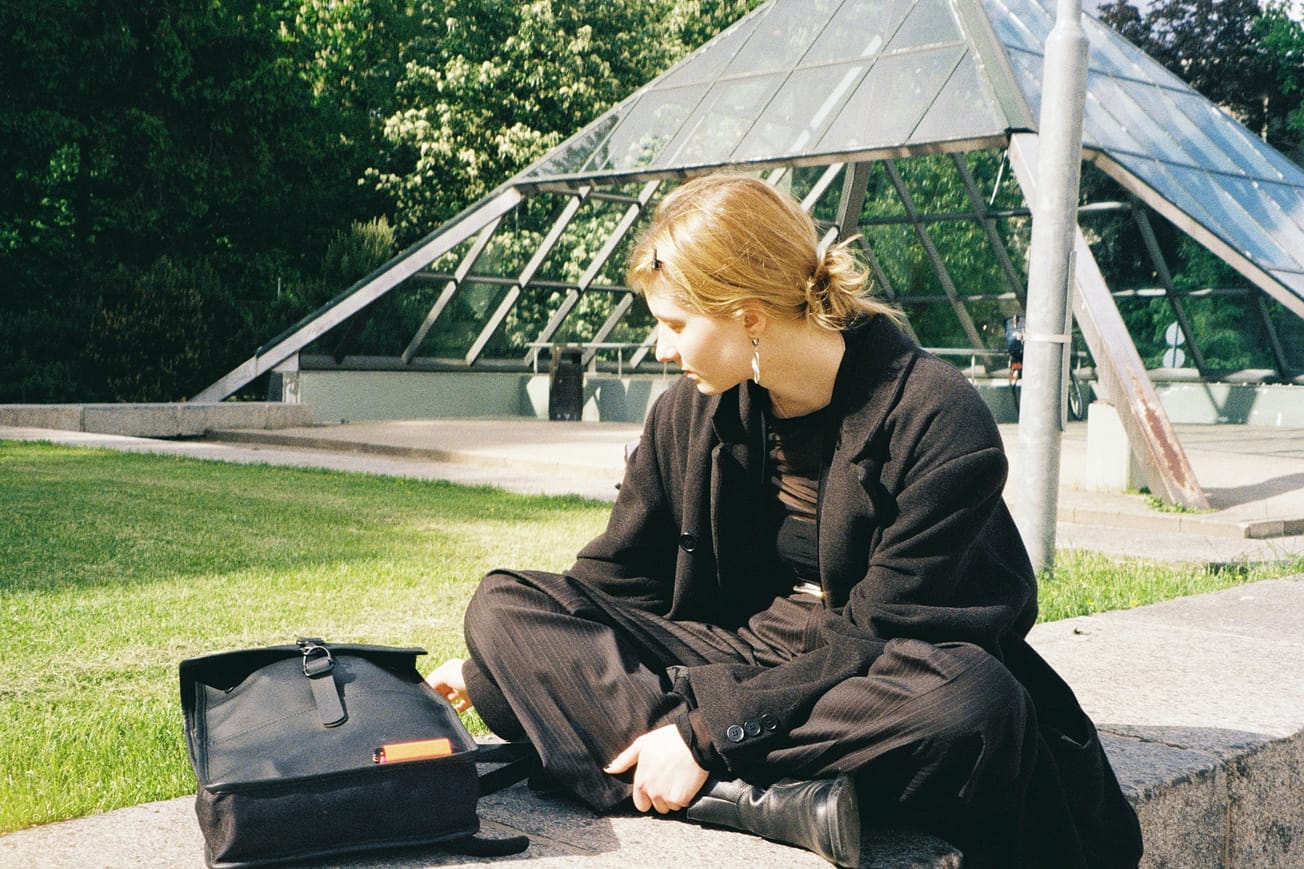By Nicole Quy, The Croft Co-Editor in Chief
The Croft Magazine// Being an optimistic person is generally a great thing. To be able to have a positive impact on others by sharing this optimism can even feel like a privilege. But what happens when we begin to centre too much of our identity around being a 'happy person', especially when times are tough? Co-Editor-in-Chief Nicole reflects on how the innocence of garnering a reputation as 'the happy friend' can swiftly take a damaging turn, and reminds us that our worth as a friend, partner, and purely as a person, does not reside in our abilities to consistently bring positivity.
Last summer I told my Dad, ‘I don’t think I could ever feel miserable again, I’m just too in love with being alive”. I meant it, and my recently inked inner arm dawning a ‘happy to be here’ banner was certainly a testament to that. Having emerged from teenage years that were characterised by frequent depressive episodes, eating disorders, I moved into my 20s in the best state of health I had ever been in. Returning to the country from studying abroad with an array of memories, new friends, a new-found inquisitiveness, and the most genuine, tender love I could have ever imagined, I was assured of the fact that nothing could bring me down. And most of this has held true. Over the past few years, I’ve come to cherish the simplest things in life: live music, nourishing food, dinners with friends, sunsets, sunrises, birds, dogs, cats, snails, there truly is so much to love. Regardless of what comes my way, I’ve found it hard not to remain optimistic, or at the very least appreciative, about what’s here for me.
It's this optimistic outlook that has given me the reputation of being the ‘happy’ friend, and I will admit that, for the longest time, I took it in my stride that this was the perception people had of me. It felt like a win for the younger me who couldn’t seem to dissociate herself from her anxiety, depression, and general ‘sad girl’ vibe. In truth, I am generally a happy person, but thinking I was immune to both the regular emotional and hormonal fluctuations that every human being experiences, and the physical toll that excessive stress can take on both the mind and body, was silly. And I fear that, in making everyone else believe that this was the case, too, I only exacerbated an issue that would otherwise never exist.
Indeed, being the ‘always happy’ friend comes with a downside - the identity crisis that comes with a period of not feeling so good. Truly, it's a self fulfilling cycle of doubting authenticity; am I really content with life if I’m sad right now? What will people think if I’m not content after I’ve preached so much love for life ? Does this mean that they’ll also start to doubt this ethos? Do I pretend that I’m doing perfectly fine just to prevent this? No. The truth is, you don’t have to always be in love with life to want to keep living it. Likewise, you don't have to always add resolute joy to your friends’ lives to be a good friend in their lives.

When the most extreme workload coincided with the bitterest winter during a period in which .we were unable to put the heating on, I hardly had the energy to dance down the street every day like I had done all summer. And when I had pulled my 5th all-nighter in 2 weeks, I hardly had the enthusiasm to make plans. It was simply not feasible, and yet it felt like I was doing not only myself, but my friends an injustice. In turn, this made me feel a lot worse about my ‘lower’ period. “This is so out of character for her? She’s never been like this?” Of course she had. And of course she always will, at some points. That doesn’t mean she’s just not as in love with all those little things, she is still so happy to be here, she’s just waiting for a time when she actually has the physical space to treasure such things
To anyone who has fallen too deep into this archetype, I want to emphasise that your worthiness is not dictated by your mood, outlook energy or level of serotonin. You don’t owe anyone unwavering idealism, but you do owe yourself the capacity to feel all feelings, good or bad, optimistic or pessimistic, without an interrogation of your authenticity, progress or identity. You don’t have to be anyone’s rock, anyone’s pick me-up, or anyone's guaranteed source of happiness. It’s great to be in love with the little things, to be an optimist, a people person, easy to impress. It’s great to have friends who appreciate your energy. But you’re also not a character. You exist outside this singular aspect of your personality. When my ex called me a ray of sunshine whilst we were breaking up, it infuriated me. This was a boy who had neglected all my painful, genuine, emotions, and couldn’t seem to handle it once he realised that I was a human being with actual desires and not a gimmicky stock character who only existed to be sweet, smiling and subservient. Am I fuck your ray of sunshine. Your validity to be cherished, understood and appreciated doesn’t change when you can’t, for however long, bring light into someone’s life.
I’m saying all of this truly on-brand. For it is very likely that, despite my anxieties, none of my friends have ever actually worried about my perceived lost spark as much as I have worried about them worrying. This whole journey, which can be summarised, woefully accurately, by my genuine discovery of the cliche, “its ok not to be ok”, has forced me to confront my own toxic positivity. Always on hand to make people feel better, and preach optimism, I’ve been prioritising making myself feel better, and that’s by letting myself feel worse for a little while. Your mental health is never a definition of who you are, and that goes for both ends of the spectrum.
Featured Image: Kirkland









